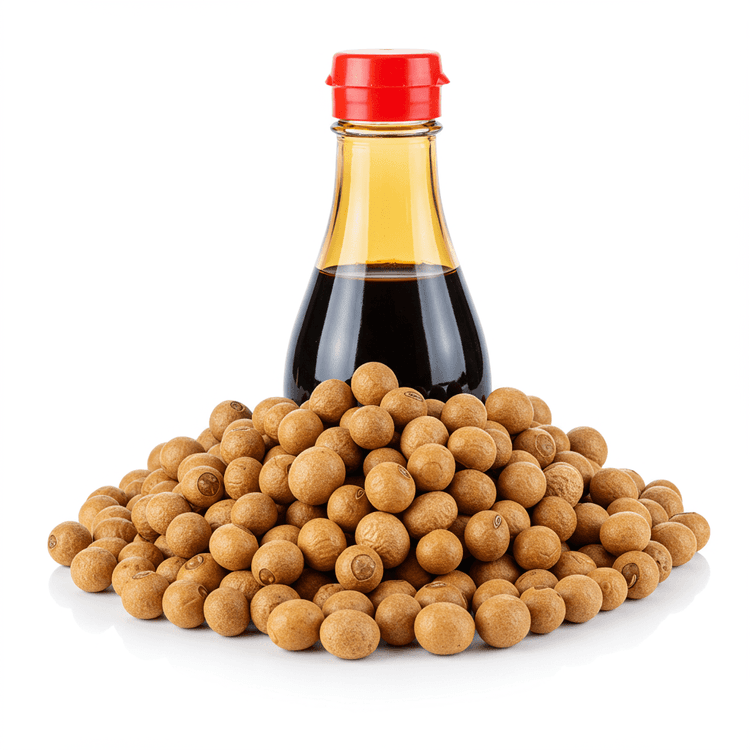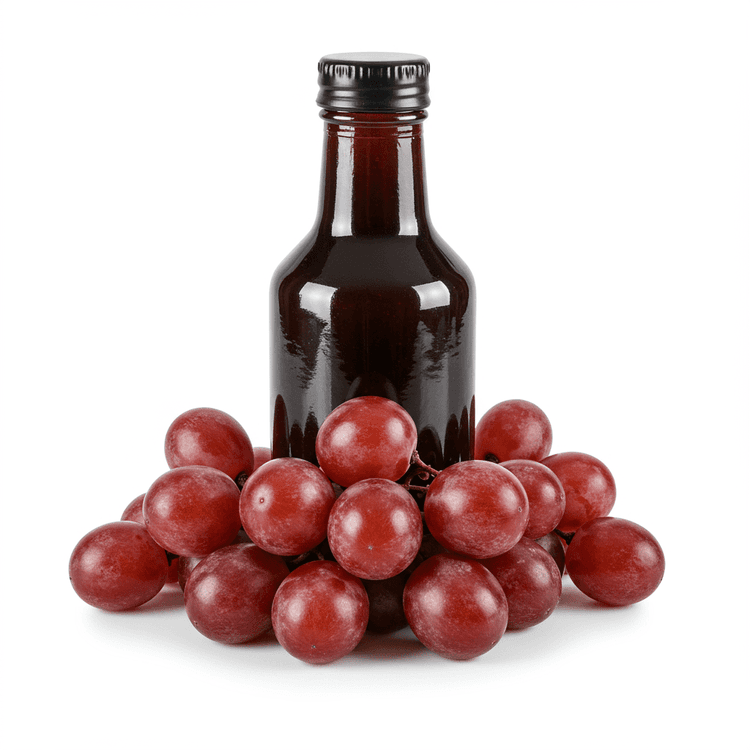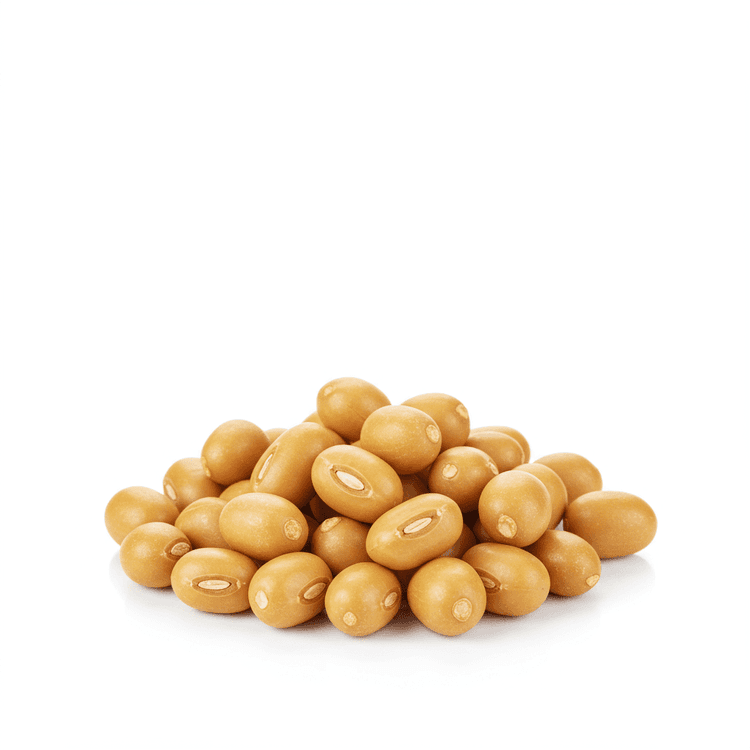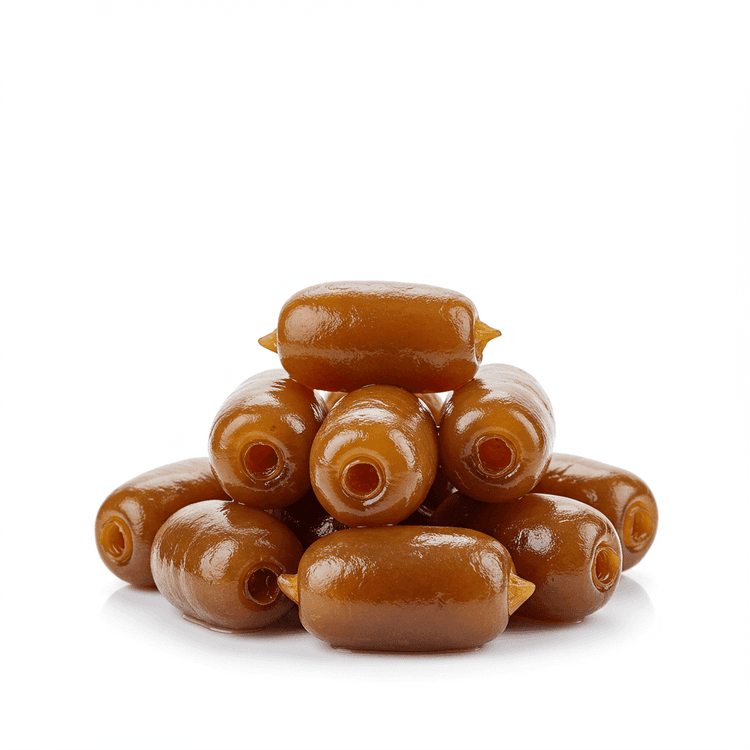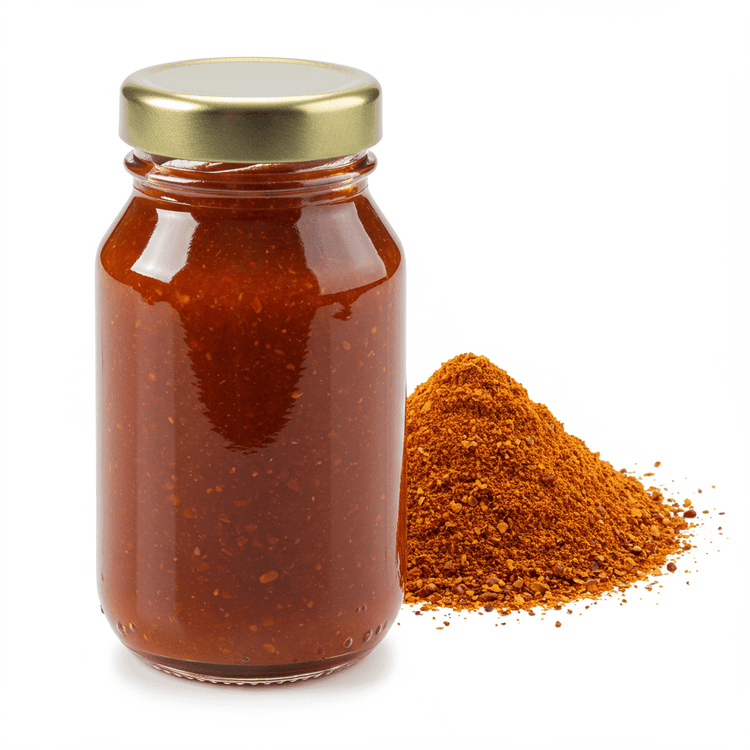
Seasoning Sauce
Seasoning sauce is a versatile liquid blend designed to enhance the flavor of various dishes. Often a savory mixture, it can range in flavor profiles from umami-rich and salty to sweet and tangy, depending on the specific ingredients used. Typically dark in color, seasoning sauces can be thin and watery or slightly thicker, providing depth and complexity to marinades, stir-fries, and other culinary creations. Popular examples include soy sauce, fish sauce, Worcestershire sauce, and teriyaki sauce, each offering a distinct taste profile to elevate your meals.
Common Uses
- Seasoning sauce is used as a marinade to tenderize and flavor meats, poultry, seafood, and vegetables before grilling, baking, or roasting, imparting a savory and aromatic quality.
- As a stir-fry ingredient, seasoning sauce is added to create a flavorful coating and glaze on vegetables, noodles, and proteins, providing a balanced and umami-rich taste.
- Drizzling seasoning sauce over finished dishes like rice bowls, noodles, or grilled meats adds a final layer of flavor complexity and enhances the overall taste experience.
- Blending seasoning sauce into soups and stews deepens the flavor profile and creates a more savory and satisfying broth.
- Using seasoning sauce as a dipping sauce for appetizers like spring rolls, dumplings, or sushi provides a burst of flavor and complements the other ingredients.
- Seasoning sauce is a key component in making salad dressings, providing a salty, savory, and sometimes sweet element that balances the other ingredients.
Health Benefits
- May contain vitamins and minerals depending on the specific sauce, potentially contributing to overall nutrient intake.
- Some sauces are low in calories, supporting weight management when used in moderation.
- Certain seasoning sauces can be made with natural herbs and spices, providing antioxidant benefits.
- Some sauces may be low in sodium, beneficial for those managing blood pressure. Always check the nutrition label.
- Can enhance the flavor of healthy dishes, encouraging consumption of nutritious foods like vegetables and lean protein.
Chefadora AI is here.
Experience smarter, stress-free cooking.
Storage Tips
The storage requirements for seasoning sauce vary depending on the type. Most commercially prepared, shelf-stable sauces should be stored in a cool, dark pantry before opening. Once opened, refrigerate to maintain freshness and prevent spoilage. Check the label for specific instructions, and always discard if there are any signs of mold, off odors, or changes in texture. Some sauces may benefit from being stored in airtight containers, especially if they are frequently used, to minimize exposure to air and moisture.
Marnirni-apinthi Building, Lot Fourteen,
North Terrace, Adelaide, South Australia, 5000
Australia
